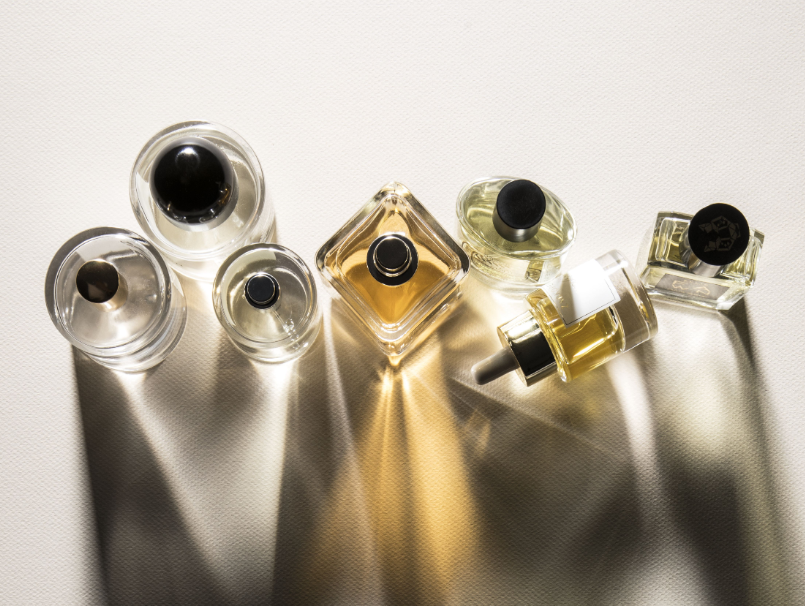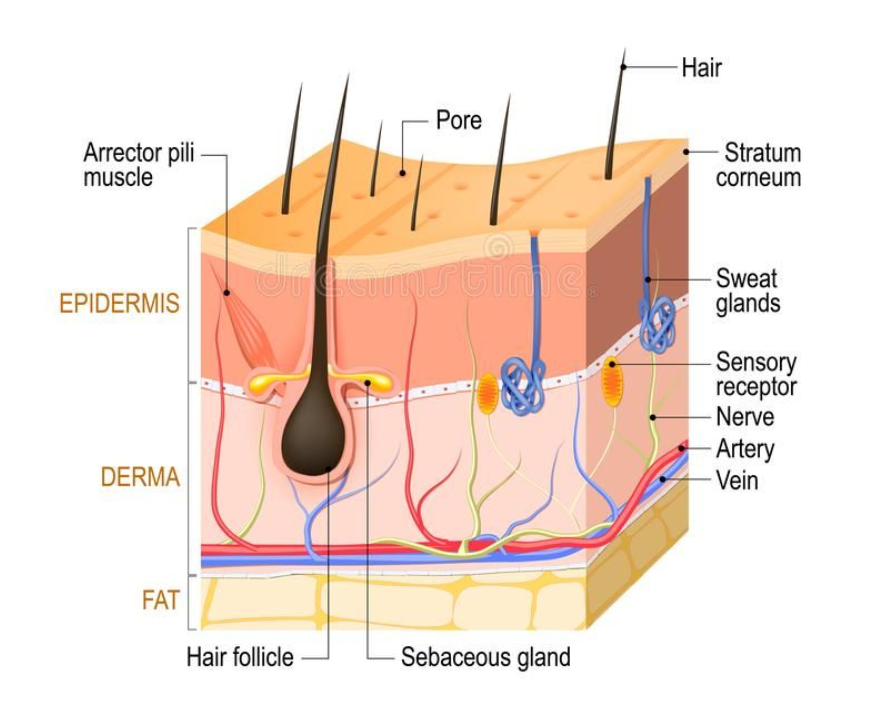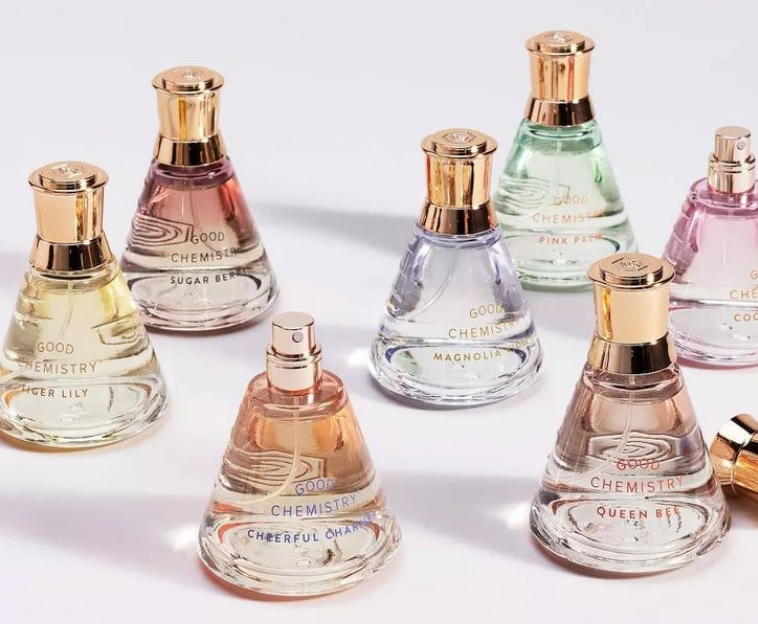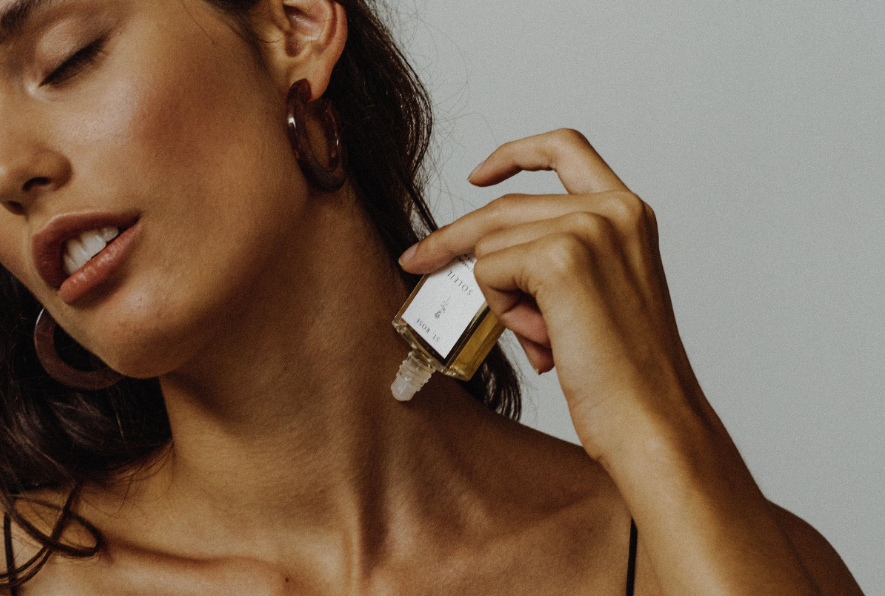Have you ever think does perfume enter the bloodstream? There are some believes that when you use perfume, it absorbs into your bloodstream and could harm your health. But is it true?
I was doing some researches and find out that perfume does not enter bloodstream directly while using it. The skin is barrier and prevents penetrating of fragrance into your bloodstream. However, some perfume ingredients can cause allergic reactions, skin irritation or other health problems. And also some ingredients can enter bloodstream by inhalation or ingestion.
You should aware from the ingredients of your perfume and from their potential health risks. In this article, we will discuss about truth behind the myth that perfume enters the bloodstream, some potential risks while using, and how to protect your health while still smelling nice.
Does Perfume Enter the Bloodstream?
When you apply perfume to your skin, aromatic chemicals can penetrate through skin and enter your bloodstream. It means perfumes you use can affect your body in different ways. Perfumes contains volatile chemicals which can enter bloodstream and can be carried through all body. They can affect various organs and systems as endocrine system, nervous system and immune system.
Many studies about fragrances showed that they can activate olfactory receptors via smell, nose, mouth and by entering bloodstream can affect brain. It can harm your immune system or hormones. For example, some perfumes increase level of stress hormones, others decrease blood pressure.
But the thing is, not all fragrance chemicals are harmful, and their effects to your body depends on specific or individual fragrance. For that reason, some people may feel such a symptom like headaches, nausea or dizziness. And it’s very important to be aware from potential sensitivities or reactions which reason is using perfume in moderation or certain fragrances.

Understanding the Skin’s Absorption Process
Have you ever wondered that while applying perfume where does it goes? Does it enter your skin or disappear or sit on your skin surface? The skin is largest organ in our body and it can absorb substances which contacts with it. Skin’s absorption process can help us answer these questions.
Role of the Stratum Corneum
The outermost layer of skin is stratum corneum and it plays main role in absorption process. It composed with tightly packed dead skin cells and create barrier which prevents substances from passing. This barrier isn’t impervious, but through gaps between cells can pass some small molecules.
Impact of Molecular Size
The size of perfume molecules also plays crucial role in absorbing into bloodstream. Small molecules such as essential oil molecules may penetrate the skin more easily. This is because smaller molecules can fit through gaps of stratum corneum and enter deep layers of skin. But we should note that if substance will be absorbed into skin, it doesn’t mean that it will enter also bloodstream. Skin metabolizing and breaking down substances before they enter bloodstream. Also amount of applied perfume and its duration time on your body impact the absorption process.

Chemical Composition of Perfume
Perfume is made up from aroma compounds, essential oil combinations, and fixatives. The exact perfume composition depends on type and brand, but mostly perfumes contain high concentration of alcohol, which dissolves other ingredients.
Role of Alcohol in Perfumes
In perfumes commonly uses types of alcohol such as ethanol or isopropyl alcohol. They are volatile highly and quickly, which helps to disperse fragrance into air. Alcohol also makes soluble other perfume ingredients by diluting. However, the high concentration of alcohol can cause for concern. Alcohol can dry skin and lead to irritation or allergic reactions in body. In addition, alcohol can increase other chemical absorptions, including harmful chemicals like phthalates.
Presence of Phthalates
Phthalates are group of chemicals which used in making plastics flexible and durable. In fragrances they commonly used to make scent long lasting. But, some studies about phthalates says that they can be harmful to human health, especially to endocrine system. That’s why many perfume producers started to remove phthalates from their products due to consumer concerns. So if you are worry about phthalates presence in your perfume, it’s better to look for “phthalate-free” or “fragrance-free” labelled products.

Perfume Application Method
Perfume applying way also can affect its absorption. Spraying and dabbing are the most common methods of application. Spraying perfume makes mist which can disperse over large area and dabbing involves applying perfume to skin with finger or cotton balls. While you spray perfume it can be applied too much and increase the chance of absorption into bloodstream. From other side spraying can allow more controlled application and distribute the perfume evenly. And dabbing can precise application and help to reduce over application risk.
In addition, location of application can affect to absorption of application method. High blood vessels concentrated areas, such as neck, wrists, behind ears can absorb perfume more quickly than less blood areas. Overall, absorption rate and extent of perfume can depend on different factors, including skin condition or application method. It’s important be aware of these factors while using perfume to reduce risks to your potential health.

Potential Health Implications
In daily life people widely use perfumes, but their potential risks to health are often overlooked. There are some potential health implications which you should be aware of:
Allergic Reactions
Some people can get allergic reactions from perfumes, because of complex mixture of chemicals in it. These reactions can lead to mild skin irritation to severe respiratory distress. Perfume allergies are one of common causes of dermatitis, which lead to itching, swelling or redness of skin.
If you are having any of the following symptoms after using perfume, you should seek medical attention:
- – Difficulty breathing or wheezing
- – Headache or dizziness
- – Swelling of the face, lips, tongue, or throat
- – Itching or burning sensation
- – Skin rash or hives
- – Runny or stuffy nose.
Endocrine Disruption
Perfumes contain synthetic chemicals. They can disrupt the endocrine systems, which are responsible for regulating hormones in body. Endocrine disruption can lead serious health consequences, such as:
- – Neurological disorders
- – Cancer
- – Obesity and diabetes
- – Immune system dysfunction
- – Developmental and reproductive problems.
Some chemicals commonly found in perfumes such as musks, synthetic fragrances and phthalates can disrupt the endocrine system. These chemicals can be absorbed through skin, ingested or inhaled, and also accumulate in body over time. To minimize exposure risks from these chemicals, you should choose fragrance free products or natural fragrance products, such as essential oils. You should also reduce using perfumes or colognes, and avoid using them in covered places.

Conclusion
In conclusion we can say that perfumes do not enter bloodstream while applying to skin. If you worry about safety of using perfumes or colognes, there is no need for concern in this regard. What we should remember is that fragrance chemistry enters bloodstream and affect our body and fragrances affect us psychologically by emotions, influencing our mood and behavior. Furthermore, some chemicals inside perfumes can be absorbed through skin but most part of applied perfume stays on surface of skin and eventually washes off. So, in summary you can use your favorite perfumes or colognes without worrying. They mostly can affect us psychologically.

